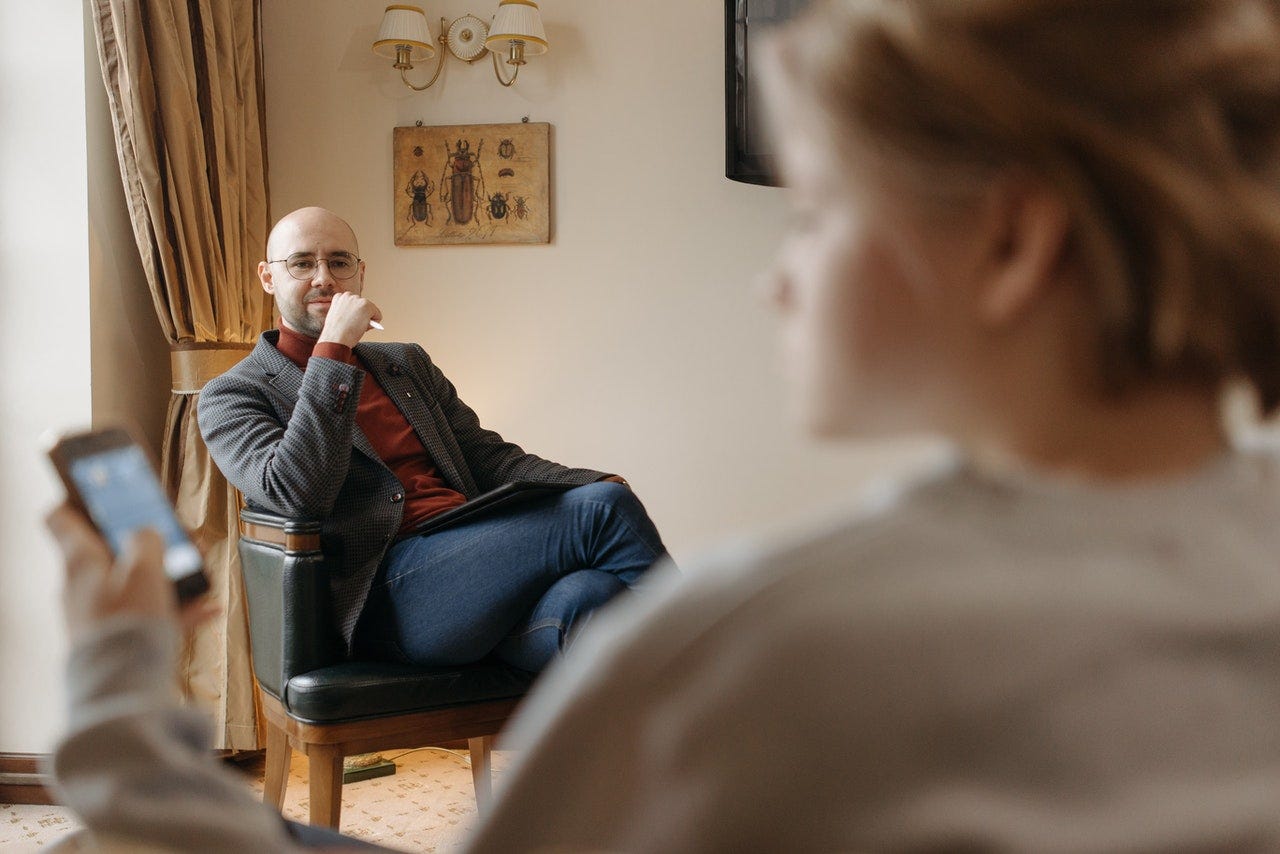The Problem of Online Therapy Culture
The Internet seems like a powerful weapon for distorting mental health wisdom.
Follow a train of thought with me.
1) Many people in the West today, possibly even a majority, suffer from stress, anxiety, and a general mental malaise.
1a) For a minority of these people, their symptoms rise to the broadly accepted clinical definitions of depression, PTSD, etc.
1b) For the rest, the stress, anxiety, and malaise is attributable to…



